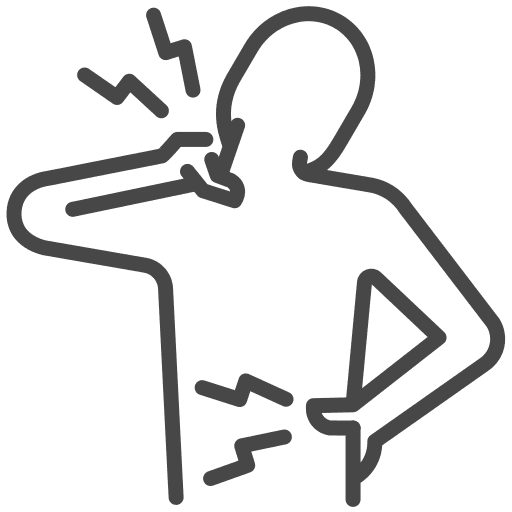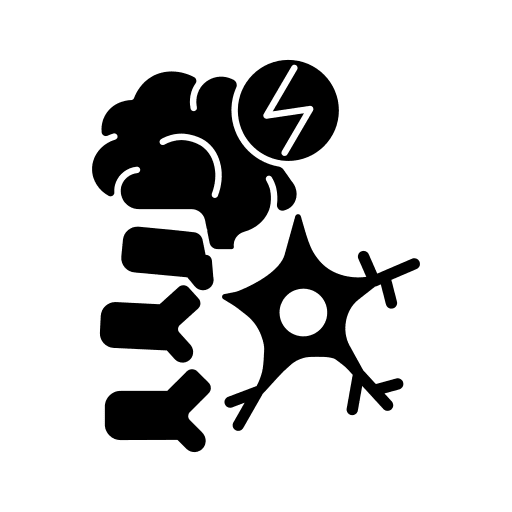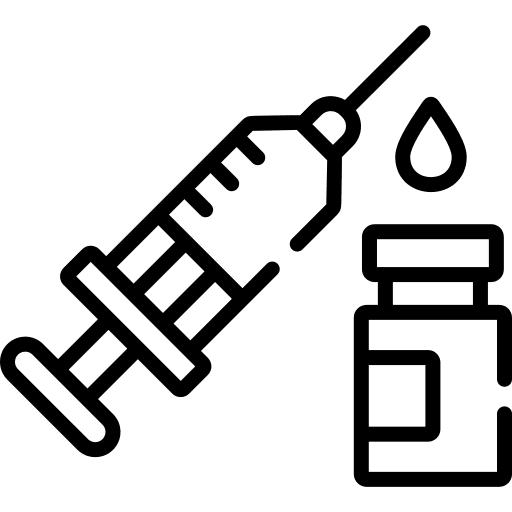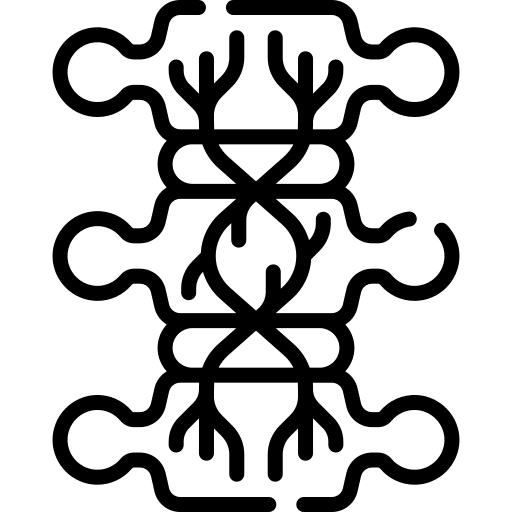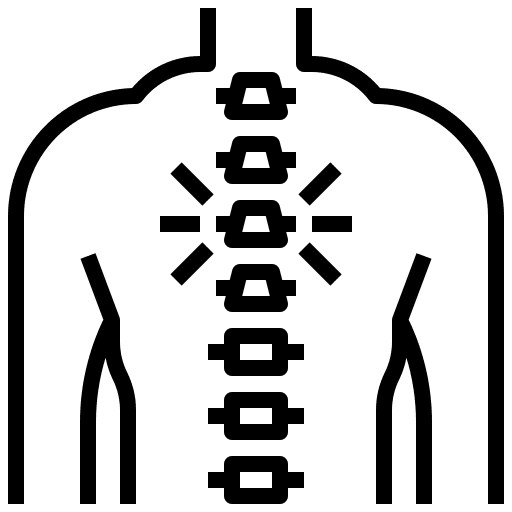Back pain is one of the most common reasons people seek medical attention, affecting millions worldwide. At MidSouth Pain Treatment Center, we understand how debilitating back pain can be and are dedicated to helping our patients find immediate relief. Whether your pain is acute or chronic, understanding its source is crucial for effective treatment. In this blog, we’ll explore the different types of back pain, their causes, and the best treatment options available.
Acute Back Pain Causes
Acute back pain typically comes on suddenly and lasts for a few days to a few weeks. It is often the result of muscle strains, ligament sprains, or injuries such as lifting something heavy or a sudden awkward movement. Acute pain can also arise from conditions like a herniated disc or a fracture. Treatment: For acute back pain, rest and avoiding activities that worsen the pain are important. Ice packs can reduce inflammation, while heat therapy may help with muscle relaxation. Over-the-counter pain relievers like ibuprofen or acetaminophen can provide immediate relief. If the pain persists, interventional treatments such as corticosteroid injections or physical therapy might be necessary to alleviate discomfort and promote healing.
Chronic Back Pain
Causes
Chronic back pain lasts for more than three months and is often less related to an injury and more associated with ongoing conditions such as degenerative disc disease, spinal stenosis, or osteoarthritis. Chronic pain can also result from nerve damage or muscle deconditioning.
Treatment
Treating chronic back pain involves a multi-faceted approach. Physical therapy, combined with lifestyle changes like exercise and weight management, can reduce symptoms. Interventional pain management techniques, such as nerve blocks, radiofrequency ablation, or spinal cord stimulation, can offer more long-term relief. For patients not responding to conservative treatments, minimally invasive surgical options may be recommended.
Radicular Pain (Sciatica)
Causes
Radicular pain, commonly known as sciatica, occurs when a nerve in the spine becomes compressed or irritated. This type of pain radiates from the lower back down through the hips, buttocks, and legs. Sciatica is often caused by a herniated disc, bone spurs, or spinal stenosis.
Treatment
Managing radicular pain involves reducing inflammation and relieving pressure on the affected nerve. Nonsteroidal anti-inflammatory drugs (NSAIDs), physical therapy, and exercises focused on stretching and strengthening the lower back can help. For more severe cases, epidural steroid injections or nerve root blocks might be necessary to provide immediate relief and improve mobility.
Axial Pain
Causes
Axial pain is localized to the spine and does not radiate to other parts of the body. This type of pain can be caused by muscle strains, ligament injuries, or issues with the intervertebral discs. It is often described as a dull, aching pain that worsens with movement.
Treatment
Treatment for axial pain focuses on relieving inflammation and restoring function. Physical therapy, manual manipulation, and therapeutic exercises are commonly used. For persistent pain, interventional treatments like facet joint injections or medial branch blocks can target the source of the pain and provide significant relief.
Referred Pain
Causes
Referred pain occurs when pain from one part of the body is felt in another area. For instance, issues with the kidneys or pancreas can cause pain that is felt in the back. Referred pain is often misleading and can be mistaken for spine pain.
Treatment
Accurate diagnosis is key to treating referred pain. Once the underlying cause is identified, targeted treatment can be administered. This might include medications, interventional procedures, or addressing the primary condition causing the pain.
Finding Immediate Relief with MidSouth Pain Treatment Center
At MidSouth Pain Treatment Center, our team of specialists are committed to providing personalized care to address the unique needs of each patient. Whether your back pain is acute, chronic, or the result of a specific condition, we offer a range of interventional pain management options designed to deliver immediate relief and improve your quality of life.





